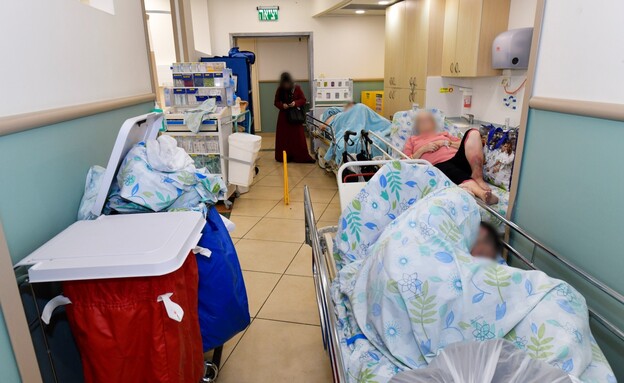Inflammatory bowel diseases such as Crohn’s and colitis can be life-altering for patients, leading to severe symptoms and long wait times for proper care. Raziel Hadad, a 22-year-old diagnosed with Crohn’s disease, experienced such challenges firsthand. He struggled to find appointments with gastroenterologists due to a lack of manpower in his area, leading to delays in diagnosis and treatment. Despite receiving some treatment, he felt the long wait times and lack of access to specialists impacted his care. The stress of the situation worsened his condition, eventually leading to surgery for a bowel resection.
Similarly, Oraine Yaffe, a 26-year-old from Acre, also faced challenges in receiving a timely and accurate diagnosis. After undergoing multiple tests and struggling to find proper care, she was eventually diagnosed with colitis. Delay in diagnosis led to complications, and she had to seek treatment at a medical center away from her home. Yaffe highlights the importance of psychological support in dealing with a chronic illness and stresses the need for accessible and comprehensive care.
Dr. Saleh Daher, a gastroenterologist, emphasizes the burden that inflammatory bowel diseases place on patients and the healthcare system. He points out disparities in care between different regions and socioeconomic levels, as well as the importance of multidisciplinary teams for effective treatment. Recommendations have been made to improve the quality of care for patients with inflammatory bowel diseases, including the establishment of dedicated units in public hospitals and access to specialized healthcare professionals.
Advocates are calling for systematic plans to address the challenges faced by patients with inflammatory bowel diseases in Israel. Efforts are being made to improve access to care by increasing resources such as staffing more gastroenterologists or creating dedicated units specifically for inflammatory bowel disease patients within public hospitals. With these changes in mind, there is hope that all patients will receive timely and comprehensive treatment regardless of where they live or their socioeconomic status.
In conclusion, inflammatory bowel diseases can cause severe symptoms that change lives dramatically if not diagnosed early enough or treated properly. It is essential for healthcare providers like Dr Saleh Daher advocate for better patient outcomes by addressing disparities in care between regions and socioeconomic levels while promoting multidisciplinary teams’ effectiveness in treating these conditions effectively.



